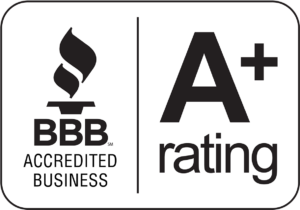Regarding investments directed by your IRA account, the IRS prohibits the use of personal non-qualified funds to pay for expenses and/or fees incurred by the investment asset or the affiliated investment company (if applicable). This would be considered a “self-dealing” transaction, providing personal financial gain to the IRA account owner. All investment related fees must be paid with qualified funds directly from the IRA account.
Examples of Investment Related Services (not an all-inclusive list):
- Precious Metal Investments – Depository Fees must be paid by the IRA.
- Digital Currency Investments – The Digital Currency Account Set-up Fee and Annual Depository Fee must be paid by the IRA.
- Rental Property Investments – Any expense related to the property must be paid by the IRA (i.e., insurance, property taxes, maintenance, management, etc.).
- IRA LLC – The administration costs associated with the IRA LLC must be paid by the IRA LLC or the IRA (i.e., initial filing, annual registration, retitling, etc.).
If there are sufficient funds available in the cash balance of the IRA account, the investment related fees (annual and/or transactional fees) will automatically be deducted from the IRA cash balance, unless informed otherwise. If you would like to “reimburse” your IRA account for the investment related expenses or fees, it will be classified as a contribution. A contribution can be made up to the annual maximum amount allopwed by the IRS to replace the amount taken for the fee and will be recorded on your tax documents at the end of the year.
To learn more about the difference between investment related and custodial administrative fees, CLICK HERE.



